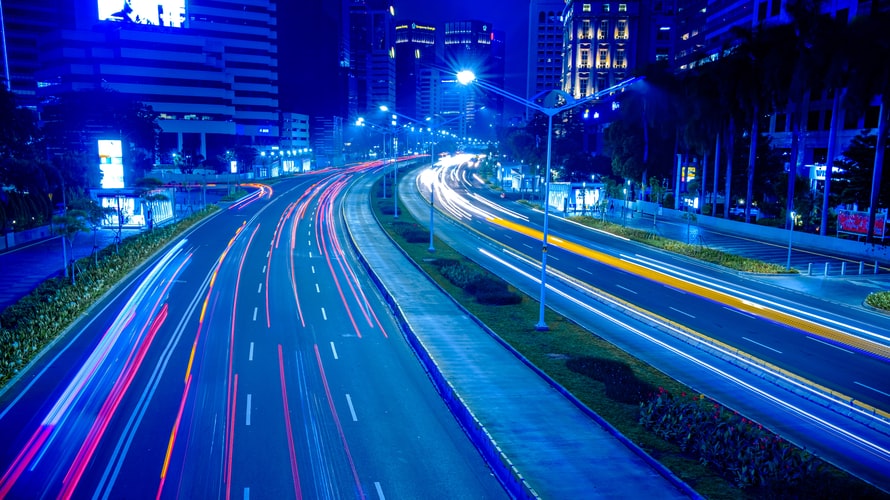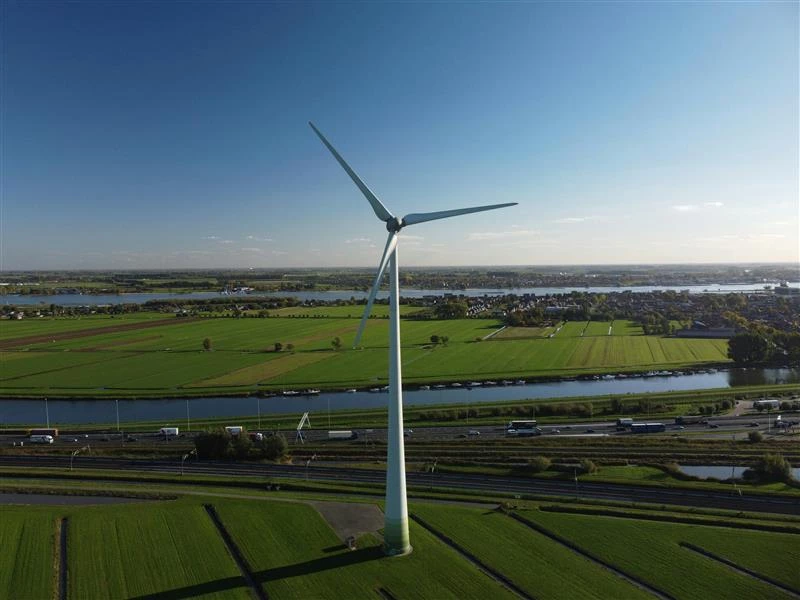Indonesia’s cities are rapidly growing—and with urbanization comes more challenges to livability. Issues with city management include problems with traffic, pollution, insufficient and expensive housing, inefficient government services, and other complications that come with the rapid evolution of an urban space.
To combat this, the country launched the 100 Smart Cities movement in 2017, which aims to build the titular number of smart cities by 2045 and improve Indonesians’ overall quality of life. The development of smart cities will not only increase investment opportunities and create new jobs, but also stimulate the tourism industry and the country’s overall economy.
However, creating a smart city is not a one-size-fits-all: Indonesia’s culturally distinct regions all require a personalized approach that embraces the diversity of each area. It requires bold reforms and collaboration between all stakeholders—government units, local businesses, academic institutions, the media—and a strong belief in the power of technology to bring about favorable change.
In the white paper Can Indonesia Achieve 100 Smart Cities by 2045? Accelerating Implementation Through Business Collaboration created by YCP Solidiance, technology is heralded as the backbone that makes smart cities happen. These “connective cities” are highly dependent on tech-driven solutions to address unique urbanization challenges—developing mobile apps for citizens to easily access public information and records, promoting Smart Mobility through a robust bike-sharing system, and even utilizing technology to coordinate the city’s traffic lights.
While the program was officially launched in 2017, two pioneer cities are being heralded as benchmark examples of outstanding smart city development, and now serve as an active blueprint for other areas to emulate and learn from.
The ‘Livable and Lovable City’
Bandung started their smart city initiative in 2013 and in many ways laid the groundwork for the national program being implemented today. The city used a penta-helix model to create a robust system built on equal collaboration between five primary stakeholders (the government, local businesses, the academe, the media, and the community at large) working together to implement a smart city concept that positions Bandung as both an incubator for budding start-ups and as a creative hub for MSMEs.
Bandung’s collaboration model involved working with start-ups and academics to correctly utilize technology, allowing the city to build a centralized command center to monitor operations. The city has also taken great strides in digitizing its public service and information systems, and now serves as a valuable resource for other Indonesian and global cities to learn from.
Jakarta Smart City
The capital city launched their smart city program in 2015—taking their cue from Bandung by focusing on ‘Smart Collaboration’ as their primary objective and pursuing partnerships with local start-ups and digital companies. As a metropolitan area Jakarta is rife with complex urban issues, which it answered by positioning itself as an experimental platform for ambitious technological projects.
Working with local tech-based businesses has been vital to Jakarta Smart City’s success—e-commerce and food delivery services like Tokopedia, Bukalapak and GoFood are assisting the city’s e-payment and business services, while established companies like GoJek, Grab, and Waze share data with city government to improve programs in Smart Mobility. The government is also working with Qlue, Nodeflux, and Informasi Pangan Jakarta to support better and smarter governance, while citizens experience easier bill payments with the help of Botika and DuitHape.
The Future of Smart Cities
Although relatively newer in smart city development, the province of West Java has also adopted the best practices from Bandung and Jakarta to quickly increase digitalization practices within the province. Other cities like Makassar and Denpasar are also ramping up digital solutions for their citizens—with more exciting and unique opportunities for tech- and digital-focused businesses to aid in creating what will shape and change Indonesia’s next generation of cities, steadily growing closer to reaching the goal of 100.
To learn more about Indonesia’s smart cities, as well as our recommendations on how your business can be part of this exciting and ambitious future, click HERE.






